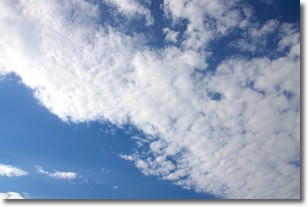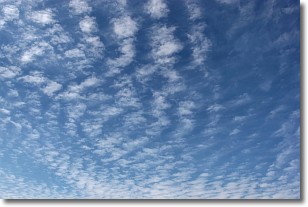Weather Alerts for Oregon
1. Freeze Warning for: South Central Oregon Coast; Curry County Coast
2. Freezing Fog Advisory for: Northern Blue Mountains of Oregon
3. Winter Storm Warning for: Central Douglas County
4. Winter Storm Warning for: Eastern Curry County and Josephine County
5. Winter Storm Warning for: Jackson County
6. Winter Storm Warning for: Northern Blue Mountains of Oregon; Northwest Blue Mountains
7. Winter Weather Advisory for: Central Douglas County
8. Winter Weather Advisory for: Eastern Curry County and Josephine County
9. Winter Weather Advisory for: Eastern Douglas County Foothills; South Central Oregon Cascades; Siskiyou Mountains and Southern Oregon Cascades
10. Winter Weather Advisory for: Grande Ronde Valley; Wallowa County; Southern Blue Mountains of Oregon
11. Winter Weather Advisory for: Jackson County
12. Winter Weather Advisory for: John Day Basin; Foothills of the Northern Blue Mountains of Oregon; Foothills of the Blue Mountains of Washington
13. Winter Weather Advisory for: North Oregon Cascades; Cascades of Marion and Linn Counties; Cascades of Lane County; South Washington Cascades
14. Winter Weather Advisory for: North Oregon Coast Range; Central Oregon Coast Range; Clackamas County Cascade Foothills; Cascade Foothills of Marion and Linn Counties; Lane County Cascade Foothills; Willapa Hills; South Washington Cascade Foothills
15. Winter Weather Advisory for: South Central Oregon Coast; Curry County Coast
Want more detail? Get the Complete 7 Day and Night Detailed Forecast!
Current U.S. National Radar--Current
The Current National Weather Radar is shown below with a UTC Time (subtract 5 hours from UTC to get Eastern Time).

National Weather Forecast--Current
The Current National Weather Forecast and National Weather Map are shown below.

National Weather Forecast for Tomorrow
Tomorrow National Weather Forecast and Tomorrow National Weather Map are show below.

North America Water Vapor (Moisture)
This map shows recent moisture content over North America. Bright and colored areas show high moisture (ie, clouds); brown indicates very little moisture present; black indicates no moisture.

Weather Topic: What are Altocumulus Clouds?
Home - Education - Cloud Types - Altocumulus Clouds
 Next Topic: Altostratus Clouds
Next Topic: Altostratus Clouds
Similar to cirrocumulus clouds, altocumulus clouds are
characterized by cloud patches. They are distinguished by larger cloudlets
than cirrocumulus clouds but are still smaller than stratocumulus clouds.
Altocumulus clouds most commonly form in middle altitudes (between 2 and 5 km)
and may resemble, at times, the shape of a flying saucer.
These uncommon formations, called altocumulus lenticularis, are created by uplift
in the atmosphere and are most often seen in close proximity to mountains.
Next Topic: Altostratus Clouds
Weather Topic: What are Cirrocumulus Clouds?
Home - Education - Cloud Types - Cirrocumulus Clouds
 Next Topic: Cirrostratus Clouds
Next Topic: Cirrostratus Clouds
Cirrocumulus clouds form at high altitudes (usually around 5 km)
and have distinguishing characteristics displayed in a fine layer of
small cloud patches. These small cloud patches are sometimes referred to as
"cloudlets" in relation to the whole cloud formation.
Cirrocumulus clouds are formed from ice crystals and water droplets. Often, the
water droplets in the cloud freeze into ice crystals and the cloud becomes a
cirrostratus cloud. Because of this common occurrence, cirrocumulus cloud
formations generally pass rapidly.
Next Topic: Cirrostratus Clouds
Current conditions powered by WeatherAPI.com




